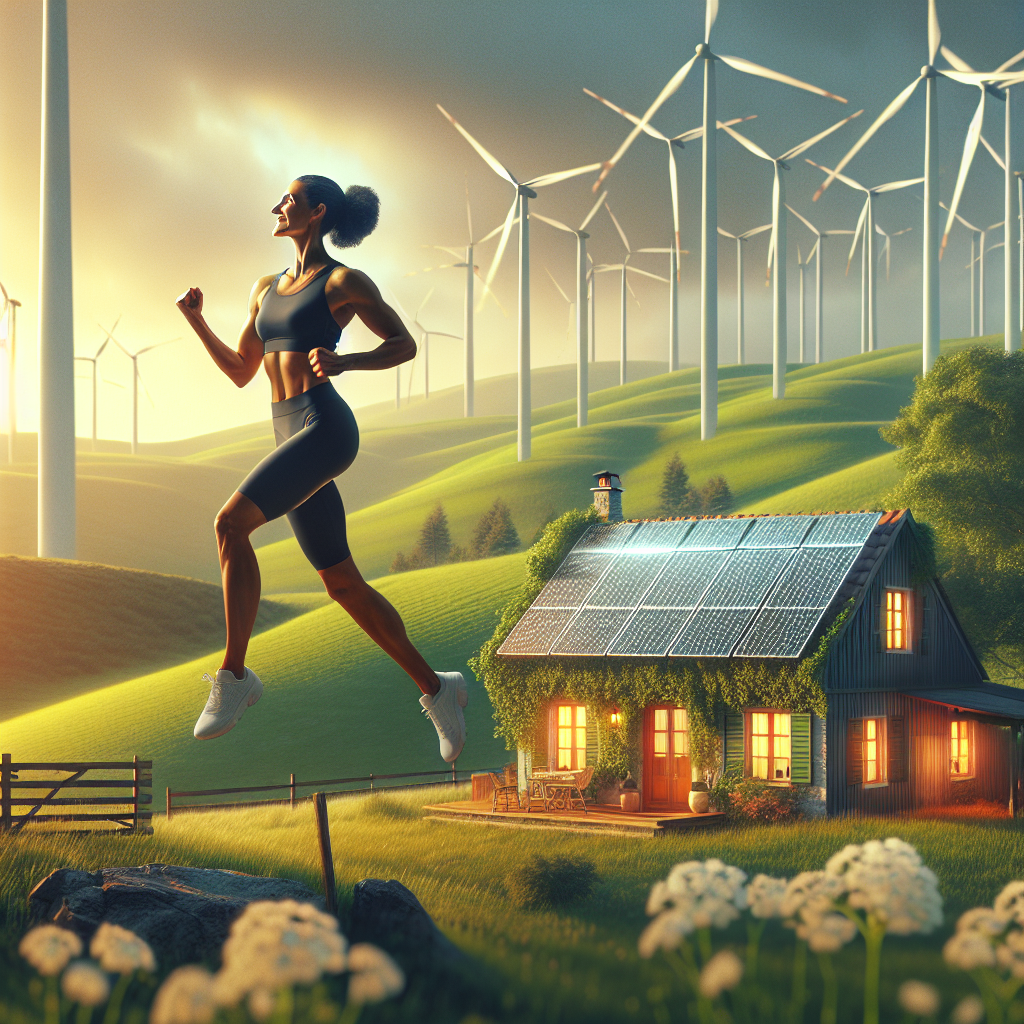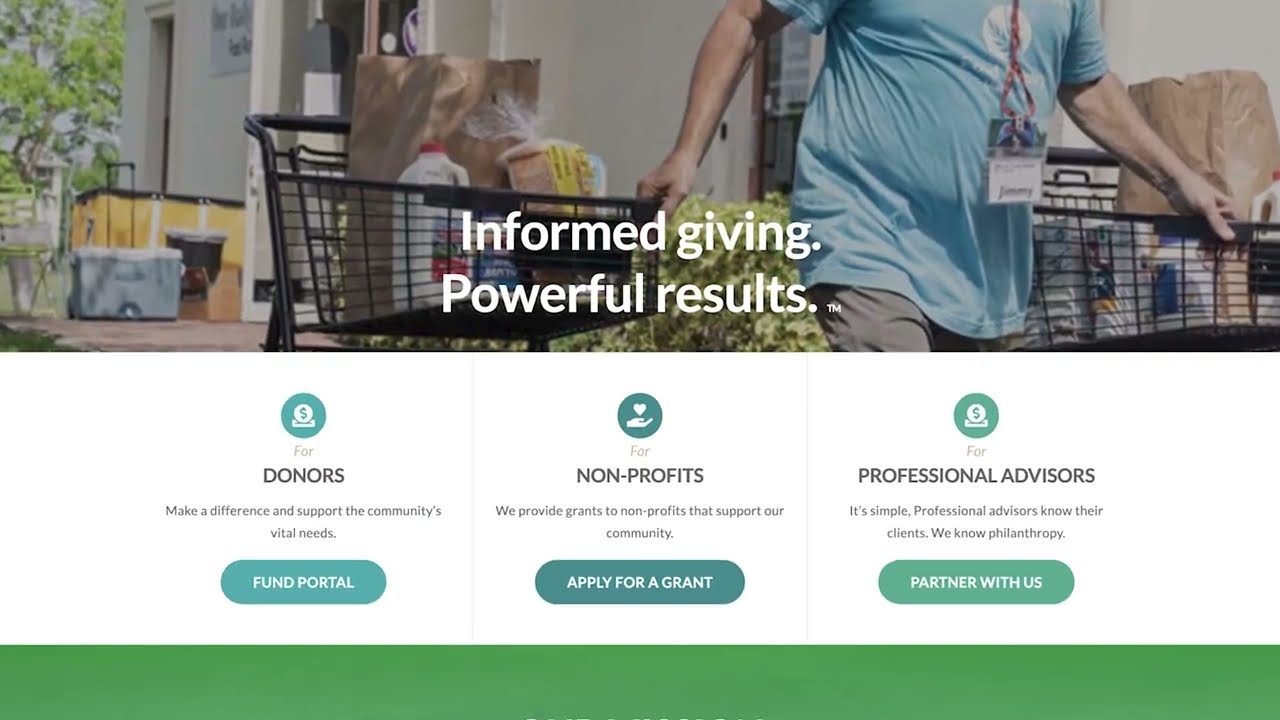Womens Preparedness
The Impact of a Crisis on Mental Health: Understanding and Coping with the Effects

Hello, strong women! I’m Jade Tripp, and today we’re diving into a topic that’s incredibly important—particularly for those of us who prioritize our safety and preparedness. Crisis situations, whether they be personal, communal, or global, can significantly affect our mental health. Understanding these effects and how to cope is vital not only for ourselves but also for those around us.
Understanding the Impact of Crisis on Mental Health
When we talk about crises, we’re addressing a broad spectrum of events, from natural disasters and pandemics to personal emergencies like job loss or relationship breakdowns. Each of these situations can lead to a range of emotional responses, including anxiety, fear, and hopelessness.
Real-Life Examples
Consider the experience of Dr. Jennifer Mendez, a psychologist in Houston, Texas, who observed a notable increase in anxiety and depression among her patients after Hurricane Harvey struck in 2017. Many of her clients faced evacuation, loss of homes, and fear of repeated disasters. This crisis highlighted how external events could trigger deep-seated fears and uncertainties, impacting our emotional well-being.
Another example can be seen in the broader context of the COVID-19 pandemic. As the world shut down, many women found themselves grappling with isolation, fear, and increased responsibilities at home. Studies indicated that women reported higher levels of anxiety than men during this time. Understanding these dynamics helps us recognize that we are not alone; many face similar struggles.
Recognizing the Signs
Being aware of how crises affect us allows us to react effectively. Common emotional responses include:
- Anxiety: Feeling restless or wound up.
- Depression: Losing interest in activities you once loved.
- Irritability: Feeling more easily frustrated or overwhelmed.
- Sleep Disruptions: Difficulty falling or staying asleep.
Recognizing these signs is the first step in addressing your mental health needs.
Coping Strategies
-
Establish a Routine: Similar to how we’d train our bodies for self-defense, establishing a daily routine can give us a sense of control. Include time for self-care activities, whether it’s a morning walk, reading, or simply enjoying a cup of tea.
-
Connect with Others: Maintain your social connections. Send a quick message to a friend or schedule a video call. Staying connected can be incredibly comforting. Remember how Linda, a close friend of mine, started a “coffee and chat” Zoom meeting every week with her friends? It turned into a supportive circle that not only uplifted spirits but also provided a platform to share feelings in a non-judgmental space.
-
Mindfulness and Meditation: Techniques like deep breathing exercises or meditation can help center your thoughts. Apps like Headspace or Insight Timer offer guided sessions that are friendly even for beginners.
-
Engage in Physical Activity: Physical movement releases endorphins, which can combat anxiety and depression. Whether it’s a home workout or a dance session in your living room, find what feels good for you!
-
Learn Something New: Use this time to channel your energy into learning a new skill or hobby. Perhaps self-defense classes that sharpen your physical and mental fortitude and prepare you for potential crises.
- Reach Out for Help: Don’t hesitate to talk to a professional if your mental health is heavily impacted. Therapists can provide tools and strategies for coping effectively.
Building a Safety Net
As women, we often take on the role of caretakers, putting others before ourselves. However, building a safety net of resources is crucial. This could include:
- Emergency Contacts: Have a list of contacts you can call in times of need.
- Mental Health Resources: Know who to call for immediate support. Hotlines can be a lifeline.
- Local Community Groups: Join groups focused on mental health awareness or self-defense. Engaging with others can provide both a support network and valuable knowledge.
Conclusion
Remember, you are not defined by the crises you face, but by how you rise above them. Each experience is an opportunity for growth. By understanding the impacts of crisis on our mental health and employing coping strategies, we empower ourselves and become stronger advocates not only for our well-being but for those around us.
Let’s continue to support and uplift one another. If you’ve faced a crisis and have found strength in particular strategies, I invite you to share your experiences! We are in this journey together, and together, we will emerge more resilient. Stay safe and take care!
Womens Preparedness
Harnessing Sustainable Power: The Benefits of Renewable Energy for Homeowners

Harnessing Sustainable Power: The Benefits of Renewable Energy for Homeowners
Hello everyone! I’m Jade Tripp, and today I want to talk about a topic that’s not only crucial for our planet but also incredibly empowering for us as homeowners: renewable energy. As women who are increasingly taking charge of our homes, we have a unique opportunity to lead the way in sustainable living and self-reliance through renewable energy sources. Let’s explore the benefits and real-world applications of this empowering shift!
Understanding Renewable Energy
Renewable energy comes from natural sources that are constantly replenished, such as sunlight, wind, rain, tides, and geothermal heat. Unlike fossil fuels, which are finite and contribute to environmental degradation, renewable energy offers a sustainable alternative. When we harness these energy sources, we not only reduce our carbon footprint but also strengthen our energy independence.
The Big Benefits for Homeowners
-
Cost Savings Over Time
One of the most compelling reasons for homeowners to switch to renewable energy is the long-term cost savings. Yes, the initial investment can be daunting, but consider the impact of rising energy bills. According to the U.S. Department of Energy, solar energy can save homeowners between $10,000 to $30,000 over the lifespan of a solar panel system. Plus, states like California offer incentives such as rebates and tax credits that significantly lower upfront costs.
-
Increased Property Value
Homes equipped with renewable energy systems often have higher resale values. A study by the National Renewable Energy Laboratory found that homes with solar panels sold for an average of $15,000 more than those without. As buyers become more environmentally conscious, they actively seek homes with sustainable features. Imagine being that woman who not only invested in her home but also created value for her future.
-
Energy Independence and Security
By generating your own energy, you decrease your dependence on the grid. This is particularly important for us as women, who often find ourselves in caretaker roles. Having a self-sufficient energy source in the face of power outages or rising electricity prices offers peace of mind. For example, during Hurricane Sandy in 2012, many homeowners in New Jersey who had invested in solar energy or home generator systems were able to maintain power while their neighbors were left in the dark.
-
Environmental Impact
Embracing renewable energy significantly reduces your carbon footprint. The transition to solar, wind, or geothermal energy helps combat climate change and protect our planet for future generations. Jennifer, a mother of three from Oregon, shares how she installed solar panels on her home to create a sustainable living environment for her family. “I want my kids to grow up understanding the importance of taking care of our planet,” she says.
-
Community Involvement and Networking
Transitioning to renewable energy can open doors to involvement in local sustainability efforts. You can join local renewable energy cooperatives, attend workshops, and connect with like-minded women. Many communities have organizations focused on promoting renewable energy and encouraging residential investments.
Practical Steps to Get Started
-
Research Your Options
Start by evaluating available renewable energy sources in your area. Solar panels are the most common, but wind turbines, geothermal heating, and hydropower may also be options. Websites like the Solar Energy Industries Association (SEIA) provide exhaustive resources on the benefits and installations of solar energy. -
Assess Your Energy Needs
Take a moment to analyze your energy consumption. Tools like energy monitors can help you understand where you’re using the most energy and what changes you can make. -
Check Local Incentives
Look into local, state, or federal incentives for renewable energy. Many communities offer financial assistance or grants to residents who invest in sustainable technologies. -
Engage with Professionals
While DIY projects are empowering, consulting with professionals ensures that you make informed choices. Reach out to local renewable energy companies for consultations, and don’t hesitate to ask them questions related to installation, maintenance, and savings. - Educate and Inspire Others
Once you’ve made your own transition to renewable energy, share your experience with friends, family, and your community. Empowering other women to take similar steps can help build a supportive network focused on sustainability.
Conclusion
The transition to renewable energy is not just a practical choice; it’s an empowering lifestyle change that reflects our values as women. By adopting sustainable practices, we’re not only enhancing our homes but also becoming advocates for a better, more sustainable future. So let’s harness this sustainable power together and lead the way toward a brighter, greener tomorrow. Together, we can create a powerful ripple effect that not only protects our planet but also empowers our communities.
Let’s get started on this journey! 🌍✨
Womens Preparedness
Off grid hurricane preparedness. #hurricanemilton #datingtips #offgrid #shower #disastersurvival
Womens Preparedness
Collier County Emergency Preparedness – Volunteering

In the aftermath of #HurricaneIan, communities and neighbors are in need of help. Visit volunteerflorida.org for volunteer …
source
-

 Womens Self Defense10 months ago
Womens Self Defense10 months agoNew Legislation Empowers Women to Defend Themselves
-

 Self Defense News1 year ago
Self Defense News1 year agoShe was convicted of killing her abusive boyfriend. Now a Maple Grove woman is home awaiting a new trial.
-

 Self Defense News1 year ago
Self Defense News1 year agoSelf-Defense for All: The new Gracie Jiu-Jitsu Pasadena is for everyone | Online Features
-

 Womens Self Defense1 year ago
Womens Self Defense1 year agoTop 5 Self-Defense Techniques Every Woman Should Know
-

 Womens Fitness1 year ago
Womens Fitness1 year agoXtreme Bodyweight HIIT (Lots of Jumping!) | Joanna Soh (Fio Series)
-

 Womens Self Defense6 months ago
Womens Self Defense6 months agoUnderstanding State-by-State Variation in Self Defense Laws
-

 Womens Preparedness1 year ago
Womens Preparedness1 year agoThe Importance of Self-Sufficiency Skills in Today’s World
-

 Womens Preparedness1 year ago
Womens Preparedness1 year ago10 essential skills for surviving in the great outdoors




